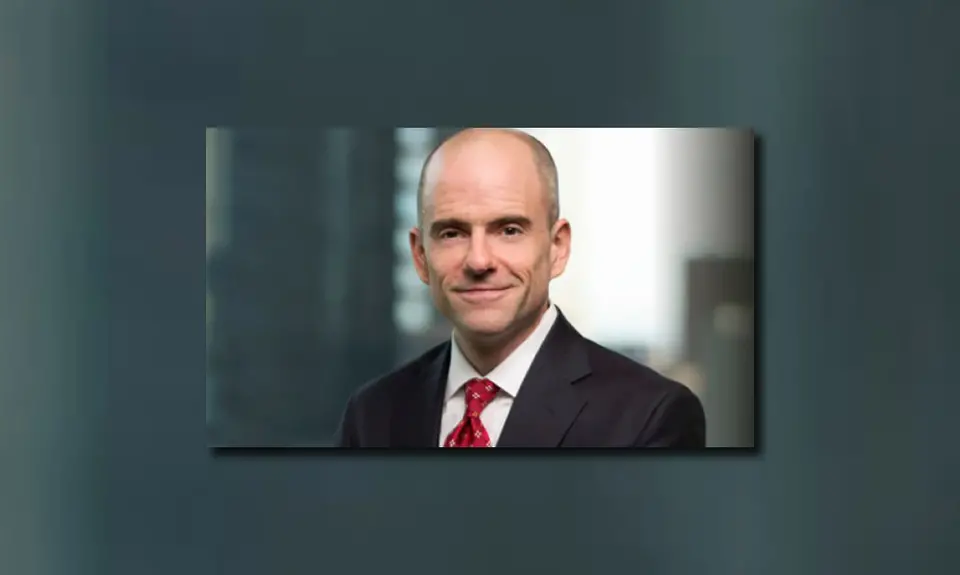“Confirmed Judges, Confirmed Fears” is a blog series documenting the harmful impact of President Trump’s judges on Americans’ rights and liberties.
Trump Eleventh Circuit Judge Kevin Newsom recently cast the deciding vote that reversed a district court and dismissed a lawsuit by a person in jail awaiting trial alleging that he had been subjected to unconstitutional and inhumane conditions of confinement, including grossly unsanitary conditions. The district court had ruled that a number of the individual’s claims should be presented to a jury, and one of the judges on appeal agreed, but Newsom joined a 2-1 unsigned per curiam (by the court) opinion that dismissed the claim completely based on qualified immunity. (“Qualified immunity” generally means that a government employee can’t be held personally liable in court for their official actions unless they clearly violated the law or the Constitution.)
In the case, Saunders v. Sheriff of Brevard County, Oberist Saunders had been sent to jail in Brevard County, Florida after his arrest. Following a month of incarceration and treatment for an attempted suicide, he was confined for a total of 69 days in a mental health housing unit known as “the Bubble.” According to the complaint he later filed, Saunders was subjected to cruel and inhumane conditions in the Bubble, particularly unsanitary conditions.
As the dissenting judge explained, individuals like Mr. Saunders were “forced to walk barefoot in cells covered with virtually every type of bodily waste and fluid, from urine and feces to semen and vomit. Because there were no beds in the cells, nor any other type of platform above the floor, Mr. Saunders and his cell-mates had to sleep on mats directly on the waste-filled floor.” As another prisoner explained, "I'm walking in [urine,] I'm tracking it across [the cell] and I'm getting it in my mat, then I'm sitting there laying in it. . . . So in essence, I'm sleeping in [urine]." And “even though the sleeping bag-style mats were immediately and constantly soiled, Mr. Saunders testified that he was never given new bedding and thus had to sleep on the soiled mat for months at a time.” Saunders also explained that the Bubble was overcrowded and very hot and that he was forced to eat in unsanitary conditions, including getting no eating utensils or soap in his cell to wash his hands.
The primary issue on appeal was whether Saunders’ complaint against the official who ran the Bubble should go to a jury, as the trial court ruled, or should be dismissed without trial based on qualified immunity. The 2-1 majority including Newsom reversed the lower court and ruled that the claim should be dismissed, based on the jail’s claims that the cells were cleaned and that the restrictions were related to concerns about physical safety.
Judge Beverly Martin vigorously dissented. It was improper, she explained, to dismiss Saunders’ claims without trial based on the jail’s assertions as opposed to the allegations in Saunders’ complaint, particularly since the jail never explained the relationship between depriving prisoners of sanitary items and physical safety—and since Saunders had explained that the cleanings were only twice a week and totally inadequate.
Martin pointed out that Saunders established that the official in charge of the Bubble was “deliberately indifferent” to the “overcrowded and unsanitary conditions” and that under binding precedent, the claims should have gone to a jury. The official was similarly deliberately indifferent to the pleas by Saunders to alleviate the conditions, which led to a panic attack during which Saunders “was banging his head against the steel door—with blood streaming down his face.” Qualified immunity was clearly inappropriate without presenting the case to a jury, Judge Martin explained, because previous cases had clearly established that deliberate indifference to such conditions was unconstitutional. In addition, she pointed out, the official was not only deliberately indifferent, but also “laughed” at Mr. Saunders “while he was beating his head on the door,” an act of “‘obvious cruelty’ for which there is no qualified immunity.”
As Judge Martin explained, the majority opinion “downplays the conditions Mr. Saunders faced, describing them as ‘troubling’ and ‘unpleasant.’” But these adjectives “do not accurately describe the gratuitous cruelty Mr. Saunders endured at the Brevard County Jail. Our Constitution does not turn a blind eye to these types of conditions, and neither should we.”
But as a result of the deciding vote by one of President Trump’s judges, Saunders’ case was dismissed without even going to a jury.
